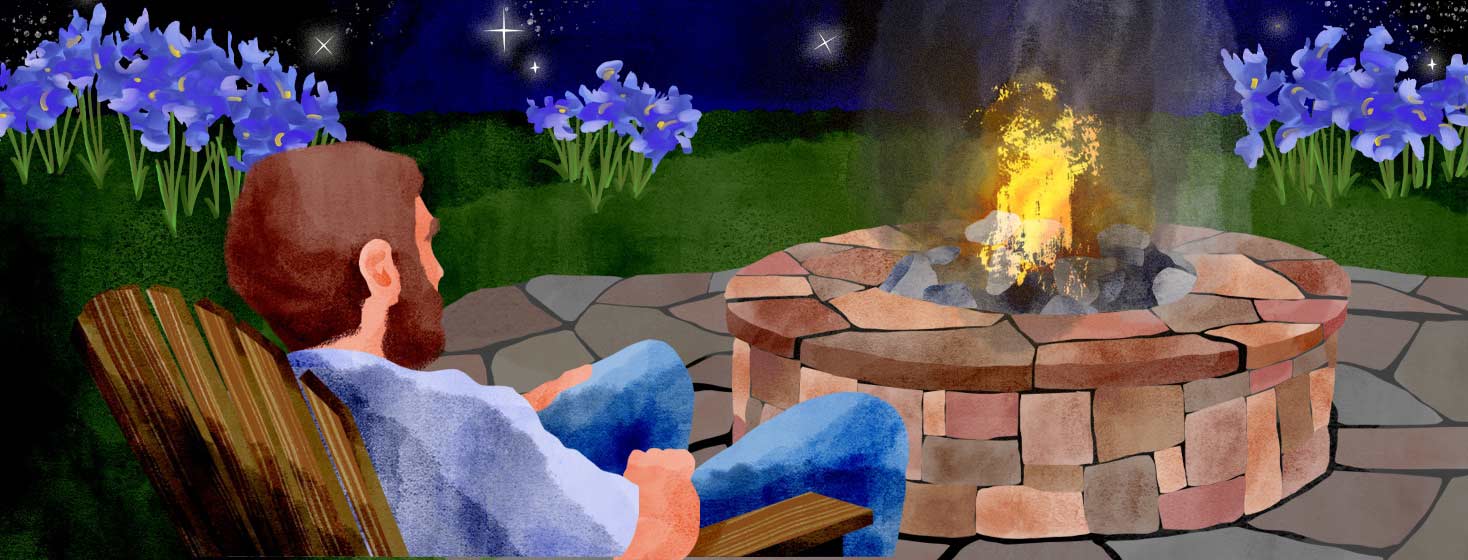What Are the Little Routines That Keep Me Going?
Recently, I was confronted with a startling fact. During my annual physical, my doctor referred to me as 'someone in your age group.' It took me a moment to process this. But I realized that for over half of my 6 decades on Earth, I have been living with HIV.
Featured Forum
View all responsesLife is full of ups and downs, and the uncertainty of living with an illness puts additional pressure on someone. Over the years, I have found that having routines and rituals helps combat the depression and anxiety accompanying a chronic condition.
On top of that, the sense of accomplishment for even the most minor activities helps to cultivate a sense of achievement, even when I'm not feeling motivated at all.
Time to wake up
I'm a big believer in waking up early. But it's not enough to open my eyes before sunrise. I make sure I get out of bed and wash my face. It's a great way to engage my senses. Whether I spend that time writing or sitting in a chair listening to music, this extra time in the morning is mine to use.
After a few deep breaths and a glass of water, I open my journal and review my to-do list for the day. There aren't many surprises, as I always write my list the night before - and I've learned to keep it simple. No more than 3 tasks are on my list unless I need a challenging day.
Time to start moving
One thing that I always plan at the beginning of the week is my exercise goals. I like knowing what I will do and how it fits into my schedule. This may mean waking up earlier than usual or having pre-made meals ready if I run late from the gym. Seeing it laid out on paper helps with my planning.
I keep my exercise routines interesting by planning a variety of activities. There's always strength training, but I also like to focus on stretching and static exercises. Sometimes that means a little yoga or maybe a quick Tai Chi routine.
Another thing I like to put on the schedule is a walk outside. This doubles as a physical and a mental refresher. Of course, the weather doesn't always cooperate with my plans, so I also make sure I have a backup.
The importance of stopping
Our culture has become so focused on productivity. It can be easy to think I'm wasting time if I'm not constantly doing something. Stopping and relaxing my mind and body is essential to my lifestyle.
I set an alarm reminder to stop and do nothing for at least 15 minutes daily. This is just a moment to sit and be. My favorite thing on a sunny day is to find a spot and watch the clouds in the sky.
Refuel and refresh
Another step I take for planning my week is to find things to cook that I can use throughout the week. It can be as simple as chopping up some vegetables. Other times I'll make a pot of beans or a large side dish that I can use through several meals.
To save time in the morning, I do things like boiling eggs ahead of time or making overnight oats to ensure I have something ready in the morning. And I always look at how nutrient dense these meals are. Supporting my body's ability to function correctly in its battle with HIV has been vital to me since my diagnosis.
Wrap it all up
At the end of the day, I spend some time reflecting. I use my journal to write about anything I am hopeful or anxious about. This helps me put things in perspective and decide how to deal with these things. I'm not repeatedly running stuff through my head by placing them on paper.
Finally, I end it all by rewriting my to-do list for the next day. After a few deep breaths, I let myself relax.
The most significant benefit I get from focusing on my little routine is a distraction from the trials of life. I am not waiting for things like test results to return. Or worrying that something may or may not happen. It keeps me in motion and gives me the forward movement I need when planning and confronting challenges.
If I don't get out of bed early or decide to sit and listen to music for an entire day, I don't feel any regret. I just put my little journal aside and claim that time to enjoy.

Join the conversation